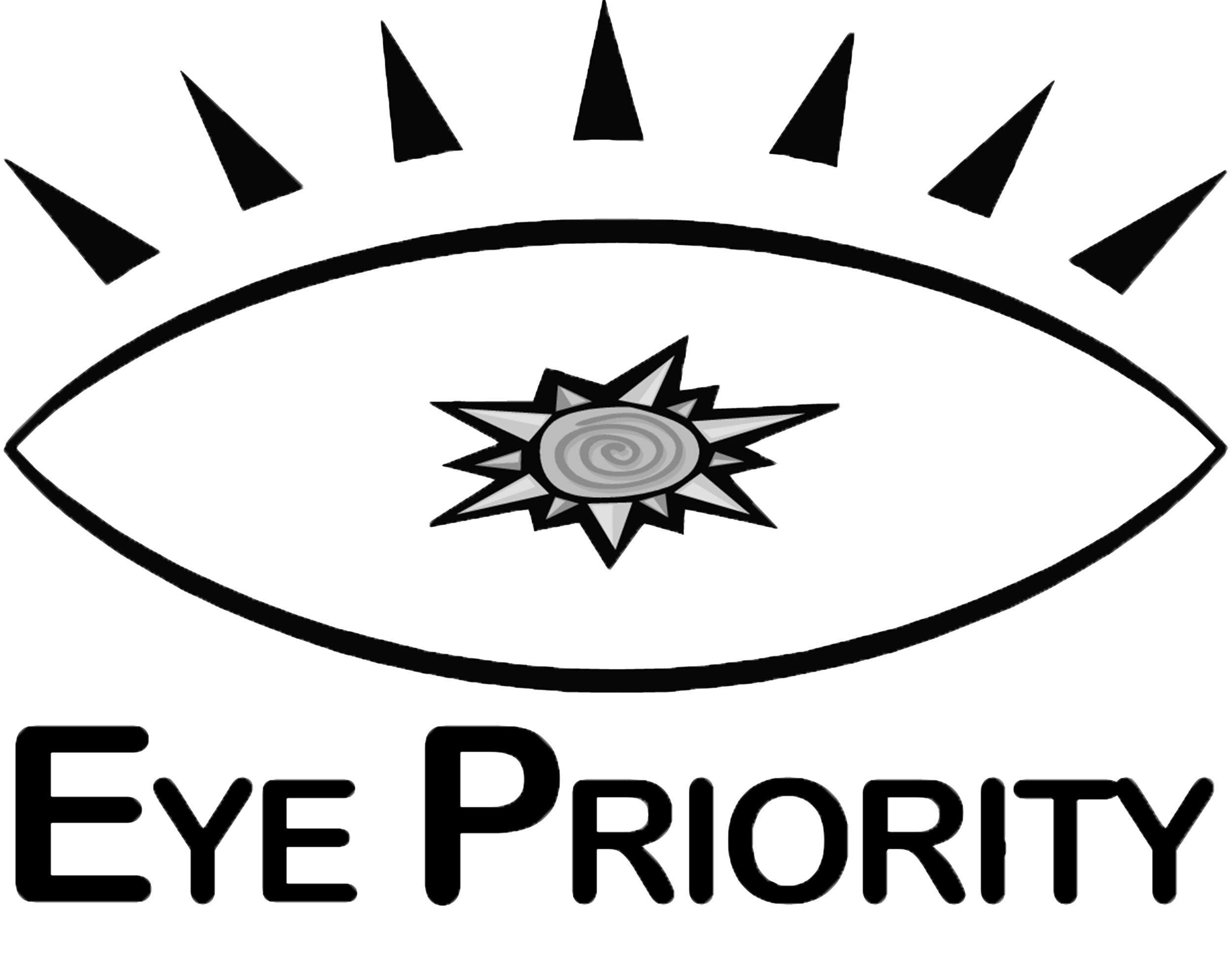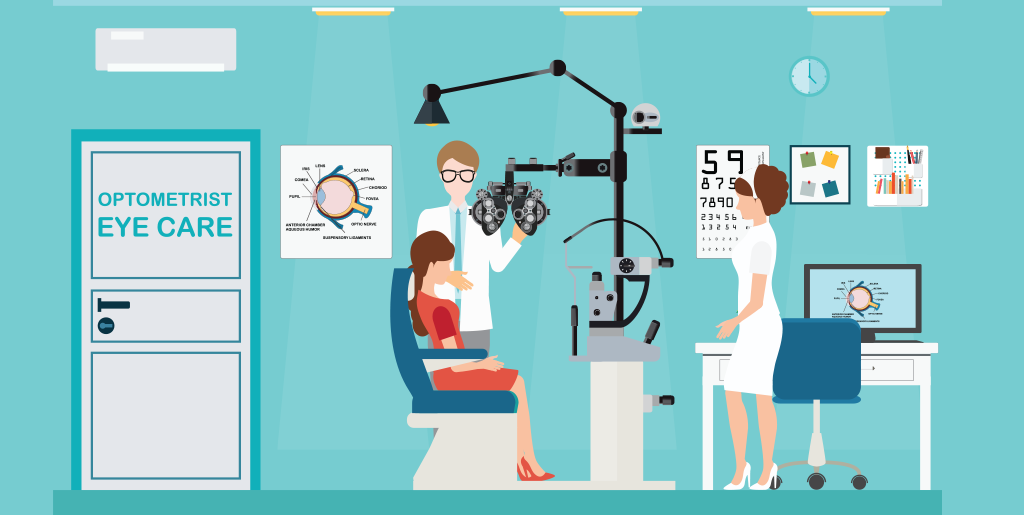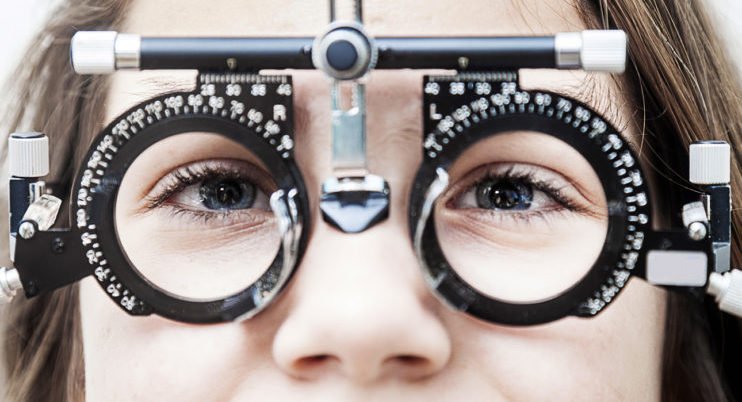What's an Optometrist do and how often should I see one?
Your vision is one of the essential senses, allowing you to experience the world around you. However, over time, our eyes can undergo changes that affect our vision. This is where an eye doctor, an optometrist or ophthalmologist, comes in. Seeing an eye doctor regularly is crucial whether you're experiencing eye issues or just looking to maintain good eye health. They can help detect and manage eye conditions, update your eyeglass or contact lens prescription, and even identify other health problems that may affect your eyes. Visiting an eye doctor can help preserve your vision and overall health. Regular eye exams are crucial for maintaining good eye health and catching potential issues early on.
If you're experiencing any vision problems or have concerns about your eye health, don't hesitate to schedule an appointment with Eye Priority today! Whether you need a new prescription for glasses or contacts, have an eye injury or infection, or want to ensure your eyes are healthy, our experienced doctors can provide the care and expertise you need.
There are many specialties within the "eye doctor" calling:
Optometrist: An optometrist is a healthcare professional specializing in primary eye care, including vision testing, prescribing glasses and contact lenses, and treating common eye conditions.
Ophthalmologist: An ophthalmologist is a medical doctor who specializes in eye care and surgery. They are trained to diagnose and treat a wide range of eye conditions, including performing surgery.
Optician: An optician is a healthcare professional specializing in fitting and dispensing eyeglasses and contact lenses based on a prescription from an optometrist or ophthalmologist.
Pediatric ophthalmologist: A pediatric ophthalmologist specializes in diagnosing and treating eye conditions in children.
Neuro-ophthalmologist: A neuro-ophthalmologist is a specialist who focuses on the visual problems associated with neurological conditions.
Retina specialist: A retina specialist is a specialist who focuses on the diagnosis and treatment of diseases of the retina, including age-related macular degeneration and diabetic retinopathy.
It's important to note that some categories, such as optometrists and ophthalmologists, may overlap regarding their services. Seeing an optometrist is essential for maintaining good eye health and catching any potential issues early on. Optometrists specialize in vision testing and can determine if you need glasses or contact lenses or if your current prescription needs to be updated. They are also trained to diagnose and treat common eye conditions, such as dry eye syndrome, pink eye, and glaucoma. If you wear contact lenses, an optometrist can help you choose the right type of lenses for your eyes and provide ongoing care to ensure your eyes stay healthy. In the case of an eye injury, an optometrist can provide emergency care and help prevent long-term damage to your eyes. Even if you don't have any specific concerns about your eyes, having regular eye exams with an optometrist is essential for maintaining good eye health and catching any potential issues early on.
What are Eye Diseases?
Eye diseases refer to a wide range of conditions that affect the eyes and can cause varying degrees of vision impairment. Some common eye diseases include glaucoma, cataracts, macular degeneration, diabetic retinopathy, and dry eye syndrome. These conditions can be caused by various factors such as genetics, aging, environmental factors, and underlying medical conditions. Symptoms of eye diseases can include blurry vision, pain, redness, sensitivity to light, and even complete vision loss. Early detection and treatment of eye diseases are crucial in preventing permanent damage to the eyes and preserving vision. This is especially important for individuals at higher risk, such as those with a family history of eye disease or underlying medical conditions like diabetes. Early intervention can help slow or even halt the progression of the disease, helping preserve vision and quality of life. Treatment options such as injections, laser therapy, or surgery may be more successful when the disease is caught early.
So how often should I see a local optometrist?
Annual visits the best route for maintaining good eye health and ensuring your vision is at its best. If and when emergencies come up, come to Eye Priority for an office visit! During an office visit, our optometrists will examine the eyes and decide on appropriate treatment for the injury/illness. This could include prescriptions for eye drops or other medications to treat the condition or manage symptoms such as pain or swelling or referring to the right specialist for management.
The services offered by an optometrist's office can be instrumental in preserving and enhancing the health of your eyes. Optometrists are uniquely qualified to diagnose and treat eye conditions, including refractive errors, ocular diseases, and injuries. They employ advanced diagnostic technologies, perform comprehensive eye exams or problem focused office visits and provide precise solutions tailored to your needs. By making regular visits to an optometrist's office, you can take a proactive role in identifying potential problems early and maintaining good eye health. Call Eye Priority today to start your journey to better eye health!



